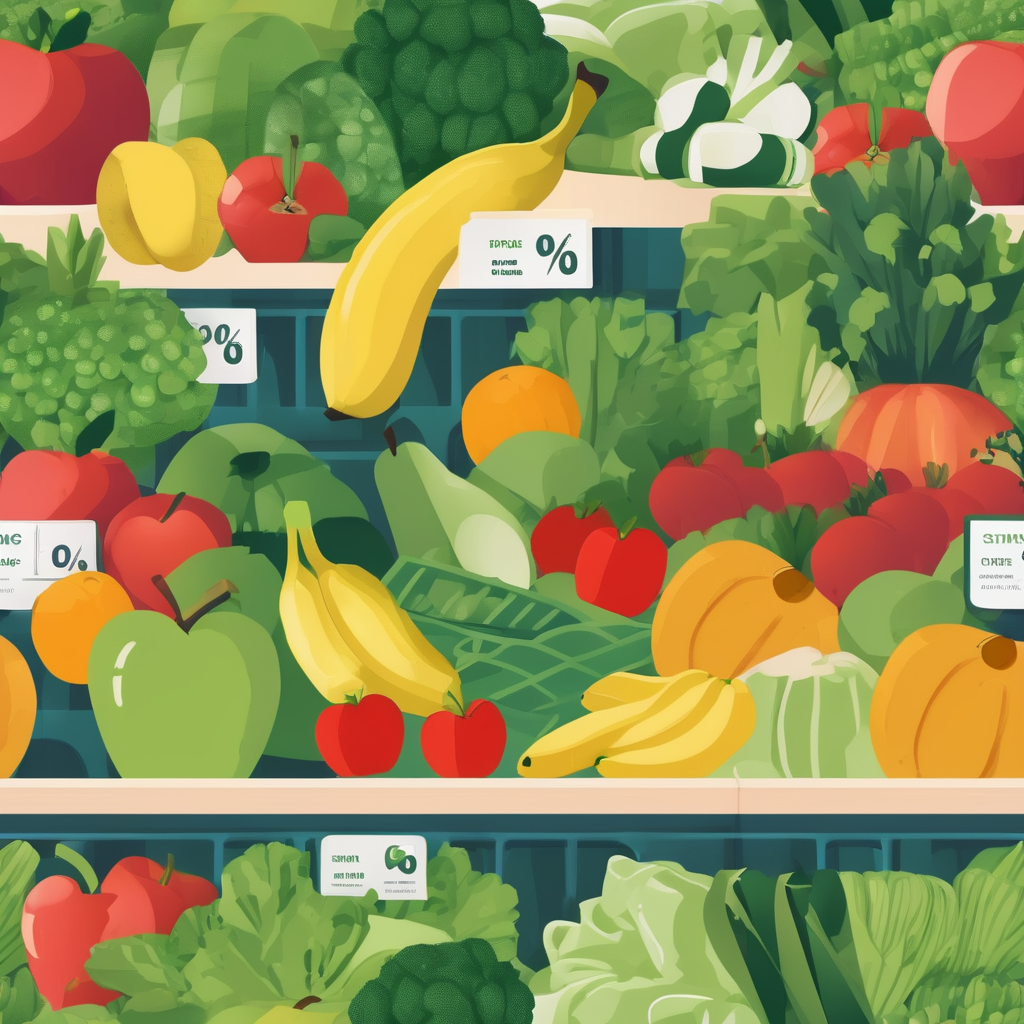U.S. President Donald Trump made headlines on Friday as he rolled back tariffs on over 200 food products, including essential items such as coffee, beef, bananas, and orange juice. This decision comes amid rising concerns among American consumers regarding the escalating costs of groceries. The new exemptions took effect retroactively at midnight on Thursday, representing a notable shift for Trump, who previously asserted that the import duties he had imposed did not contribute to inflation.
This policy change aligns with the government’s strategy following recent electoral defeats for Democrats in states like Virginia and New Jersey, where affordability, particularly concerning food prices, emerged as a significant issue amongst voters. Trump’s announcement also included plans to provide a $2,000 payment to lower- and middle-income Americans, funded by tariff revenues in the coming year.
The administration has additionally disclosed framework trade agreements that will eliminate tariffs on certain imports from Argentina, Ecuador, Guatemala, and El Salvador. Officials are optimistic about finalizing further agreements before the year concludes.
Friday’s list of exempted products encompasses a wide range of items commonly bought by families, many of which have experienced double-digit price increases year-over-year. This includes not just food items, but also chemical products used in food production and other goods essential for consumers.
The White House commented that this decision follows “significant progress” made by Trump in achieving more reciprocal trade conditions internationally. They emphasized that specific food products were excluded from tariffs because they are not produced domestically, backing the rollback with the conclusion of several trade agreements.
This latest move by Trump underscores a pivot in his administration’s approach to tariffs, shifting the focus from imposing restrictive duties to fostering a more inclusive trade environment that may ultimately help ease consumer burdens during a period of rising prices. It also signals a potential recalibration in U.S. trade policy that could lead to stronger international relationships and economic stability. The willingness to engage in dialogue and reach bilateral agreements may inspire hope for consumers and businesses alike as the nation continues navigating these challenging economic times.
